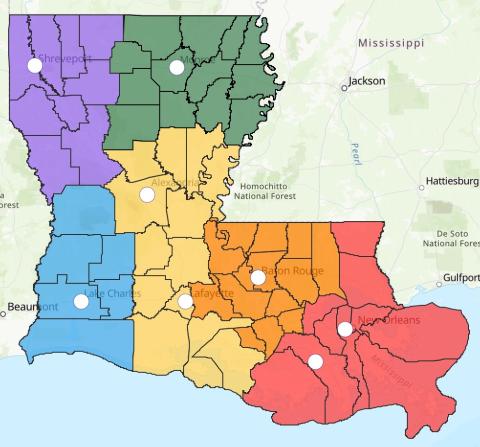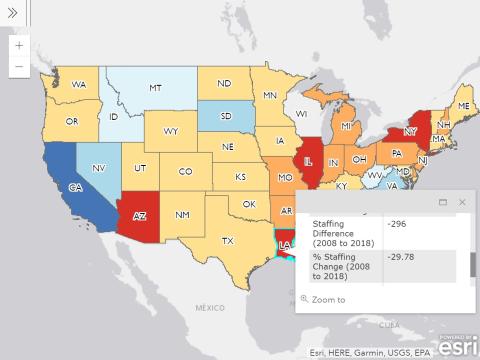Appalachia
MisriaAs a hobby, tabletop role-playing games have a dubious history of appropriation of non-western fantasy tropes as supplemental, and othered. Advanced Dungeons and Dragons' Oriental Adventures (1985), and Al- Qadim (1992) tokenized East Asian, and Middle-Eastern mythology, respectively. Since the onset of Dungeons and Dragons 5th Edition (2014), it's publisher, Wizards of the Coast, makes claims to progress in its depictions of BIPOC communities, by bringing in folks to talk about their own cultures, such as with Journeys through the Radiant Citadel (2022). More fundamentally however, the release of 5th edition and the hobbies resurgence coincided with the proliferation of crowdfunding platform Kickstarter, allowing new voices to populate the hobby space. Adventure games like the all indigenous Coyote and Crow allow for a non-colonial view of North America that presents indigeneity beyond traditionalist tropes, offering advanced technologies like Yutsu Lifts, Second Eyes, and Nisi. The horror game Old Gods of Appalachia offers a marginalized region the chance to celebrate their heritage, and reshape the narrative around Appalachia. The focus on local, and indigenous authorship may offer benefits beyond a sense of authentic representation. When utilized therapeutically, these games may work to address intergenerational trauma, and offer therapeutic insights specifically built to unmoor the legacies ascribed onto these groups by dominant and colonial powers.
Thomas, Brian J. 2023. "Local Games for Local Trauma." In 4S Paraconference X EiJ: Building a Global Record, curated by Misria Shaik Ali, Kim Fortun, Phillip Baum and Prerna Srigyan. Annual Meeting of the Society of Social Studies of Science. Honolulu, Hawai'i, Nov 8-11.



